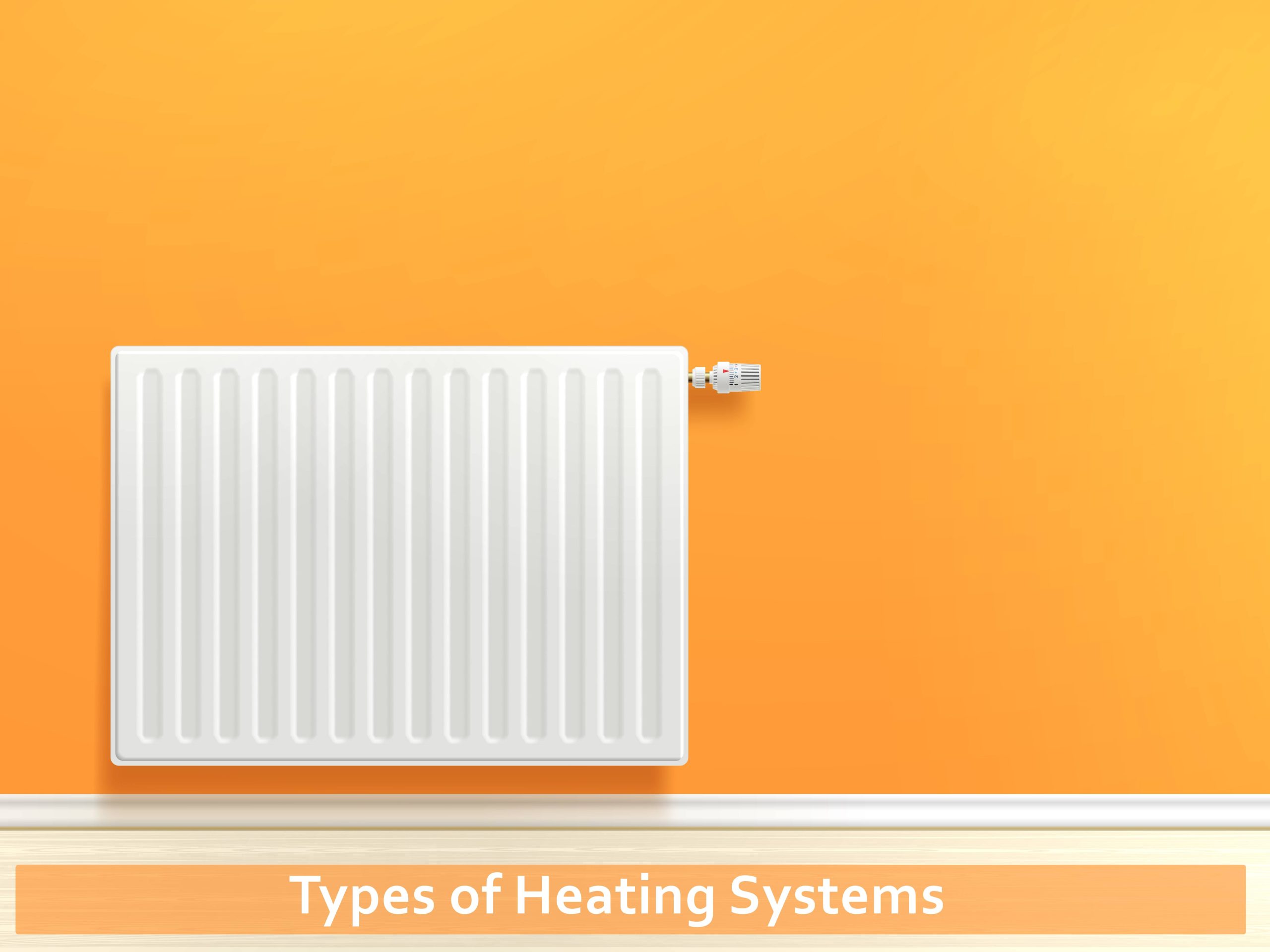Now that the winter season is upon us, home heating repair and installation are always at the top of the list for homeowners. It is important to be aware of whether or not your heating system needs anything replaced or if there is any repairment required, not only to provide you with a level of warmth in your house during the colder days but also to protect you from extremely low temperatures that can become very problematic to your health.
There are different kinds of heating systems that require different installation methods and safety procedures to follow. It is vital for a homeowner to understand what kind of a system would fit in appropriately within their properties, how frequently they are to need repairs, and whether they are safe to use within the environment of the area they live in.
4 Types of Heating Systems

-
HVAC Forced Air Systems
These are the most common kind of heating and cooling systems that are installed in almost every household across the country. The HVAC Forced Air Systems as their name suggests, use the air to distribute heat through ducts that carry the air to all the vents in individual parts of the house.
In order to control these systems, there is a thermostat installed in your home through which the temperature can be adjusted accordingly. Not only do they work as a heating system, but as your air conditioning system too in the summer season.
The great thing about this system is that it is super easy to operate – via the thermostat, and it lets you control the temperature of the entire household altogether, with good quality air because this system contains a filter. However it does require maintenance from time to time, and the filters may need to be cleaned frequently if the HVAC system is in use 24/7.
-
Boilers/Heaters
Boilers, more commonly known as heaters as well, power up a radiator with the help of steam or hot water. These boilers are small, compact, and energy-efficient in comparison to the more traditional models that require oil or gas in order to work. The newer ones are comparatively low maintenance and require fuel like natural gas, propane, oil, and electricity in order to convert the water into steam to power up the radiator.
What’s ideal about the newer boilers is that they have a proper vent system that releases the exhaust and combustion air out into the open, without the need for a chimney. But here’s the thing, installing boilers and maintenance alike are quite expensive, and it can get a little complicated if you try to upgrade your old boiler system.
-
In-floor Heating
In-floor heating also referred to as under-floor heating, is a fairly new system under the heating systems category. It is lauded for being the most efficient system when it comes to heating up your home. The way these work, is that once your home flooring base is finished, cables and tubes are laid down over which then the flooring is completed. Similar to boiler systems, these require steam, oil, or gas in order to be powered up and can also work with solar power too.
With this heating system, it is much easier to warm up larger areas like your living rooms or the master bathroom. And it also uses up less energy in the process as opposed to the other heating systems.
-
Electric Space Heaters
Like a toaster but for keeping people warm, electric space heaters are a great, inexpensive option for people to resort to, especially on short notice with fast-changing weather conditions in their area.
But the problem is that they are expensive to use because they work on electricity and require a fairly good amount of unit consumption. So with the advantage of getting a good heating system for your home for a cheap price, there is the downside of a higher electric bill.
The way they work is that these heaters have oil-filled and quartz-infrared heaters, which convert the electricity from the power outlet when plugged in, directly into heat. It’s faster and as good as any other heating system.
Safety Precautions to Keep In Mind
As the NFPA states, around a third of domestic fires, are a result of space heaters. They account for about 80% of home fire-related deaths. Heating equipment general is the root cause of fires that erupt in homes during the winter months, i.e. December to February, and mostly so because of inflammatory objects placed close to them.
According to the NFPA homeowners should have their chimneys and heating equipment cleaned by a professional at least once annually before the winter season is in full swing. Space heaters should never b plugged into extension cords or multi-plug outlets, instead should be plugged directly into power outlets. Flammable items should be kept at least three feet away from heating systems in your homes, and for those that have fireplaces, it is best to use a screen to avoid any sparks from flying onto the carpet or furniture near.
Surely you all have heating systems already installed in your homes, but if you are looking for an upgrade then here are your options laid out with their benefits and their drawbacks alike. For any repairment plans or consultation, head on over to FirstEnergy’s website, www.firstenergyhome.com, and book your appointment with the professionals of this business.


Good article, thank you! But it seems like you didn’t sat anything about radiant heating. This type of system is placed under floors, between walls and behind ceiling tiles in order to put heat directly in the room, and the heat feels much like the warmth from a fire. Radiant heat offers multiple advantages over conventional systems.